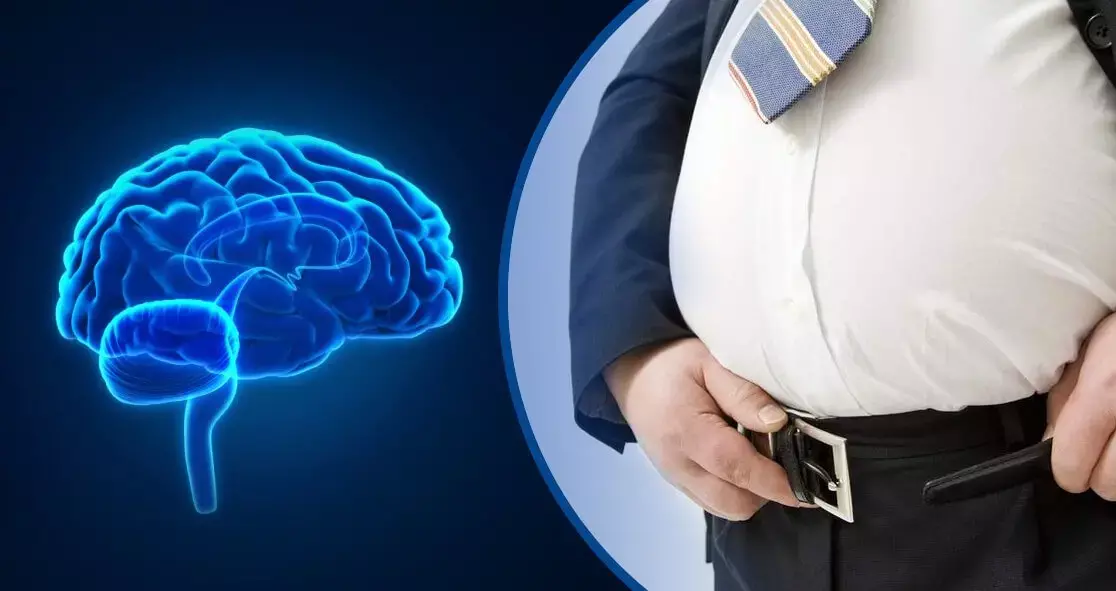- Home
- Medical news & Guidelines
- Anesthesiology
- Cardiology and CTVS
- Critical Care
- Dentistry
- Dermatology
- Diabetes and Endocrinology
- ENT
- Gastroenterology
- Medicine
- Nephrology
- Neurology
- Obstretics-Gynaecology
- Oncology
- Ophthalmology
- Orthopaedics
- Pediatrics-Neonatology
- Psychiatry
- Pulmonology
- Radiology
- Surgery
- Urology
- Laboratory Medicine
- Diet
- Nursing
- Paramedical
- Physiotherapy
- Health news
- Fact Check
- Bone Health Fact Check
- Brain Health Fact Check
- Cancer Related Fact Check
- Child Care Fact Check
- Dental and oral health fact check
- Diabetes and metabolic health fact check
- Diet and Nutrition Fact Check
- Eye and ENT Care Fact Check
- Fitness fact check
- Gut health fact check
- Heart health fact check
- Kidney health fact check
- Medical education fact check
- Men's health fact check
- Respiratory fact check
- Skin and hair care fact check
- Vaccine and Immunization fact check
- Women's health fact check
- AYUSH
- State News
- Andaman and Nicobar Islands
- Andhra Pradesh
- Arunachal Pradesh
- Assam
- Bihar
- Chandigarh
- Chattisgarh
- Dadra and Nagar Haveli
- Daman and Diu
- Delhi
- Goa
- Gujarat
- Haryana
- Himachal Pradesh
- Jammu & Kashmir
- Jharkhand
- Karnataka
- Kerala
- Ladakh
- Lakshadweep
- Madhya Pradesh
- Maharashtra
- Manipur
- Meghalaya
- Mizoram
- Nagaland
- Odisha
- Puducherry
- Punjab
- Rajasthan
- Sikkim
- Tamil Nadu
- Telangana
- Tripura
- Uttar Pradesh
- Uttrakhand
- West Bengal
- Medical Education
- Industry
Noninvasive brain stimulation may help obese patients lose weight, Study finds

A current network meta-analysis conducted at the Department of Internal Medicine, E-Da Hospital, Kaohsiung, Taiwan reported the potentially beneficial effect on weight reduction in participants with obesity by different noninvasive brain stimulation (NIBS) interventions.
The study is published in the International Journal of Obesity.
Noninvasive brain stimulation refers to a set of technologies and techniques with which to modulate the excitability of the brain via transcranial stimulation. Two major modalities of noninvasive brain stimulation are transcranial magnetic stimulation (TMS) and transcranial current stimulation.
Obesity has recently been recognized as a neurocognitive disorder involving circuits associated with the reward system and the dorsolateral prefrontal cortex (DLPFC). Noninvasive brain stimulation (NIBS) has been proposed as a strategy for the management of obesity. However, the results have been inconclusive.
Therefore, the present study aimed to evaluate the efficacy and acceptability of different noninvasive brain stimulation modalities for weight reduction in participants with obesity.
Randomized controlled trials (RCTs) examining noninvasive brain stimulation interventions in patients with obesity were analyzed using the frequentist model of network meta-analysis. The coprimary outcome was change in body mass index (BMI) and acceptability, which was calculated using the dropout rate.
It was observed that overall, the current network meta-analysis, consisting of eight randomized controlled trials, revealed that the high-frequency repetitive transcranial magnetic stimulation (TMS) over the left dorsolateral prefrontal cortex was ranked to be associated with the second-largest decrease in body mass index and the largest decrease in total energy intake and craving severity, whereas the high-frequency deep transcranial magnetic stimulation over bilateral dorsolateral prefrontal cortex and the insula was ranked to be associated with the largest decrease in body mass index.
As a result, the authors concluded that this pilot study provided a "signal" for the design of more methodologically robust and larger randomized controlled trials based on the findings of the potentially beneficial effect on weight reduction in participants with obesity by different noninvasive brain stimulation interventions.
doi: 10.1038/s41366-021-00833-2. Epub 2021 May 10
Dr. Nandita Mohan is a practicing pediatric dentist with more than 5 years of clinical work experience. Along with this, she is equally interested in keeping herself up to date about the latest developments in the field of medicine and dentistry which is the driving force for her to be in association with Medical Dialogues. She also has her name attached with many publications; both national and international. She has pursued her BDS from Rajiv Gandhi University of Health Sciences, Bangalore and later went to enter her dream specialty (MDS) in the Department of Pedodontics and Preventive Dentistry from Pt. B.D. Sharma University of Health Sciences. Through all the years of experience, her core interest in learning something new has never stopped. She can be contacted at editorial@medicaldialogues.in. Contact no. 011-43720751
Dr Kamal Kant Kohli-MBBS, DTCD- a chest specialist with more than 30 years of practice and a flair for writing clinical articles, Dr Kamal Kant Kohli joined Medical Dialogues as a Chief Editor of Medical News. Besides writing articles, as an editor, he proofreads and verifies all the medical content published on Medical Dialogues including those coming from journals, studies,medical conferences,guidelines etc. Email: drkohli@medicaldialogues.in. Contact no. 011-43720751


